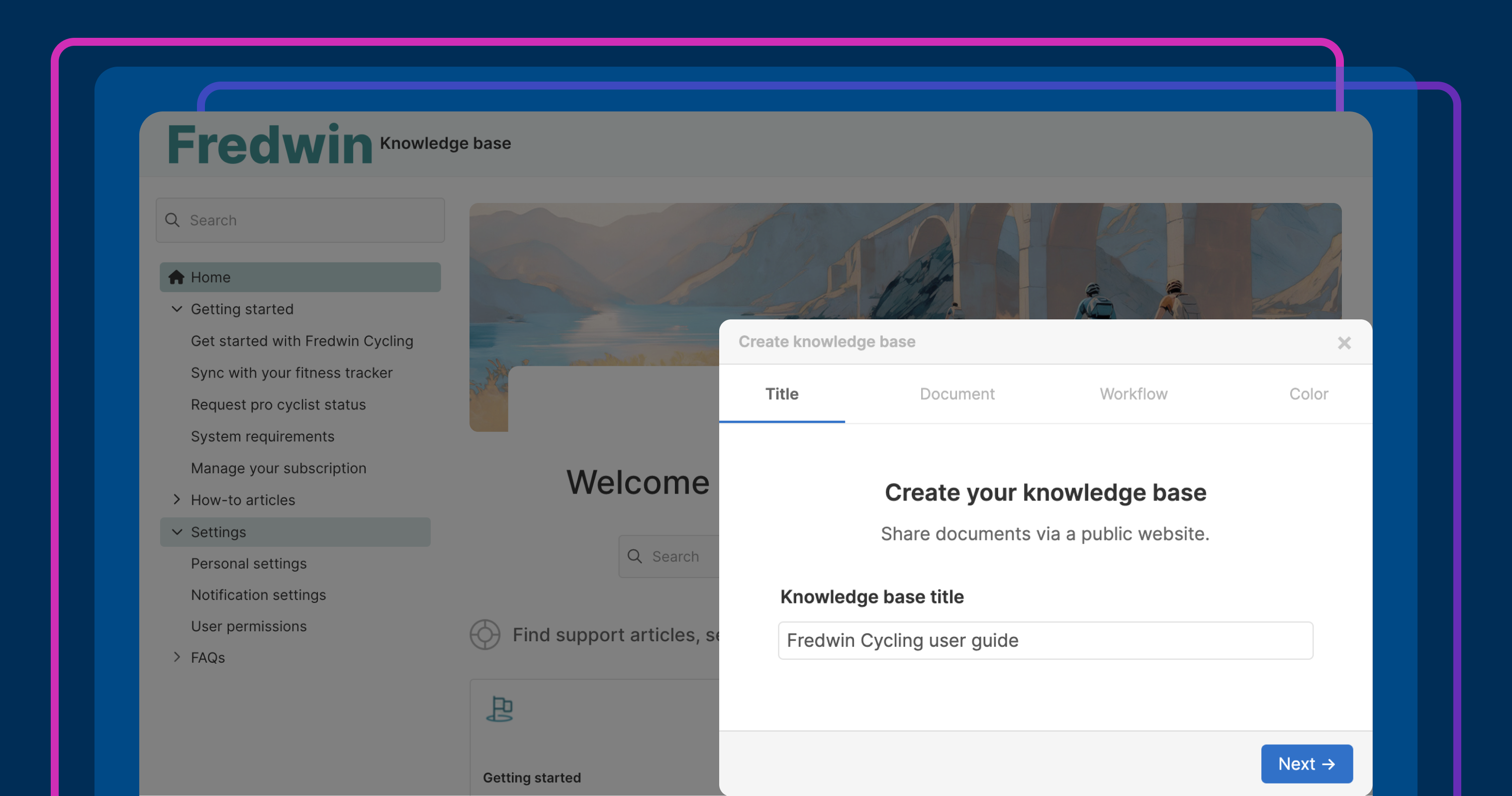Q: Help! None of my coworkers have kids and don’t understand what it’s like
Welcome to Pressing Questions, Fast Company’s work-life advice column. Every week, deputy editor Kathleen Davis, host of The New Way We Work podcast, will answer the biggest and most pressing workplace questions. Q: Help! None of my coworkers have kids and don’t understand what it’s like.A: No two people’s lives are the same and people with all kinds of family structures have issues that pull their time and attention away from work. That said, few things in life are as schedule-disrupting as being a parent.In an ideal world, your boss and coworkers wouldn’t need to be parents themselves to understand things like needing to miss work when you have a sick kid or having a hard out each day at daycare pick-up time. Also, in an ideal world the school day and calendar would align better with the typical work day. We are obviously not in an ideal world, and unfortunately resentment between parents and coworkers without children is common. Here are my suggestions to deal with it. Suggest changes that would benefit everyone Most parents can’t make 8 a.m. meetings, as that’s prime time for getting the kids out the door and to school. You know who else hates 8 a.m. meetings? Just about everyone. Rather have your colleagues resent you for being exempt from attending, suggest to your manager that morning meetings get rescheduled for after 9 a.m.The same goes for taking time off for life’s unexpected problems. You have to leave work when your kid is sick or when there’s a snow day, doctor’s appointment or a recital. But everyone has things pop up, whether it’s their own dentist and doctor appointments, or the needs of their relatives or pets. If you’re in a leadership position, you can help foster a culture that recognizes that life’s obligations sometimes need to take priority over work. If you’re not in a leadership position, you can be the change you want to see by happily covering for your colleagues when something comes up. Hopefully the next time your kid gets pink eye they’ll remember the time you took over for them when their dog had to go to the vet. Call it out If you feel like you’ve made a good faith effort to prove how you’re a team player, have demonstrated that you are just as productive as the non-parents on your team, and have offered solutions and you still feel resentment, you might want to be direct and talk to your coworker or manager about it. As with any difficult workplace conversation, you can still enter it with a collaborative mindset. There’s a problem and you are going to solve it together. You are not on opposing teams. As with other workplace disagreements, it can be helpful to approach the conversation with curiosity. Try something like: “I’ve noticed a lot of comments about my schedule. Is there something that’s causing an issue for the team or workflow that I’m not aware of?” If there is an issue you’re not aware of (like a domino effect of work falling on one person when you leave), once it’s out in the air you can problem solve. If there’s not an actual issue, just vague resentment, calling it out might force the person to address their own bias, or at least be the start of a conversation that can lead to more understanding. Want some more reading on working parents? Here you go: I’m the CEO of a family tech company. Here’s how I’ve created kid-friendly work hours The school year used to favor working parents, but not anymore 4 simple ways leaders can better support working parents How longer school days benefit working mothers

Welcome to Pressing Questions, Fast Company’s work-life advice column. Every week, deputy editor Kathleen Davis, host of The New Way We Work podcast, will answer the biggest and most pressing workplace questions.
Q: Help! None of my coworkers have kids and don’t understand what it’s like.
A: No two people’s lives are the same and people with all kinds of family structures have issues that pull their time and attention away from work. That said, few things in life are as schedule-disrupting as being a parent.
In an ideal world, your boss and coworkers wouldn’t need to be parents themselves to understand things like needing to miss work when you have a sick kid or having a hard out each day at daycare pick-up time. Also, in an ideal world the school day and calendar would align better with the typical work day. We are obviously not in an ideal world, and unfortunately resentment between parents and coworkers without children is common.
Here are my suggestions to deal with it.
Suggest changes that would benefit everyone
Most parents can’t make 8 a.m. meetings, as that’s prime time for getting the kids out the door and to school. You know who else hates 8 a.m. meetings? Just about everyone. Rather have your colleagues resent you for being exempt from attending, suggest to your manager that morning meetings get rescheduled for after 9 a.m.
The same goes for taking time off for life’s unexpected problems. You have to leave work when your kid is sick or when there’s a snow day, doctor’s appointment or a recital. But everyone has things pop up, whether it’s their own dentist and doctor appointments, or the needs of their relatives or pets. If you’re in a leadership position, you can help foster a culture that recognizes that life’s obligations sometimes need to take priority over work.
If you’re not in a leadership position, you can be the change you want to see by happily covering for your colleagues when something comes up. Hopefully the next time your kid gets pink eye they’ll remember the time you took over for them when their dog had to go to the vet.
Call it out
If you feel like you’ve made a good faith effort to prove how you’re a team player, have demonstrated that you are just as productive as the non-parents on your team, and have offered solutions and you still feel resentment, you might want to be direct and talk to your coworker or manager about it. As with any difficult workplace conversation, you can still enter it with a collaborative mindset. There’s a problem and you are going to solve it together. You are not on opposing teams.
As with other workplace disagreements, it can be helpful to approach the conversation with curiosity. Try something like: “I’ve noticed a lot of comments about my schedule. Is there something that’s causing an issue for the team or workflow that I’m not aware of?” If there is an issue you’re not aware of (like a domino effect of work falling on one person when you leave), once it’s out in the air you can problem solve. If there’s not an actual issue, just vague resentment, calling it out might force the person to address their own bias, or at least be the start of a conversation that can lead to more understanding.
Want some more reading on working parents? Here you go:































































































![Building A Digital PR Strategy: 10 Essential Steps for Beginners [With Examples]](https://buzzsumo.com/wp-content/uploads/2023/09/Building-A-Digital-PR-Strategy-10-Essential-Steps-for-Beginners-With-Examples-bblog-masthead.jpg)



![How One Brand Solved the Marketing Attribution Puzzle [Video]](https://contentmarketinginstitute.com/wp-content/uploads/2025/03/marketing-attribution-model-600x338.png?#)






![How to Use GA4 to Track Social Media Traffic: 6 Questions, Answers and Insights [VIDEO]](https://www.orbitmedia.com/wp-content/uploads/2023/06/ab-testing.png)








![[Hybrid] Graphic Designer in Malaysia](https://a5.behance.net/920d3ca46151f30e69b60159b53d15e34fb20338/img/site/generic-share.png)























